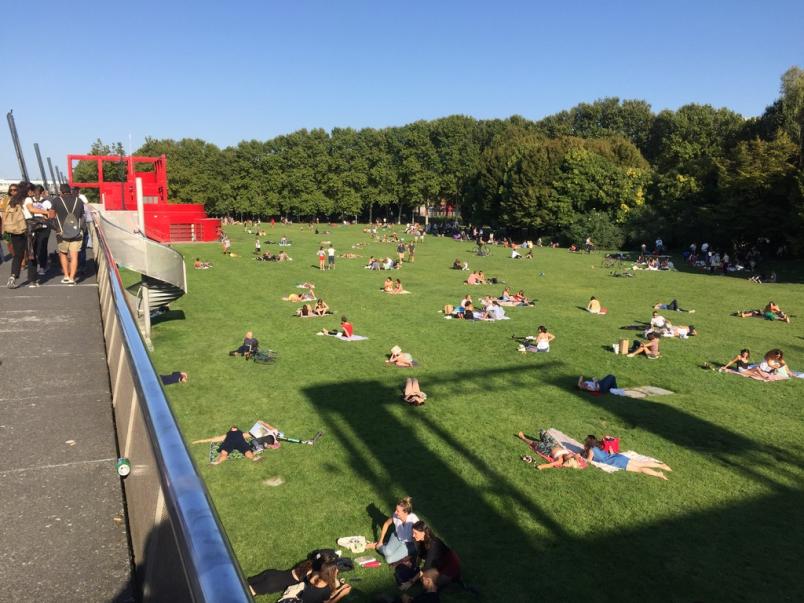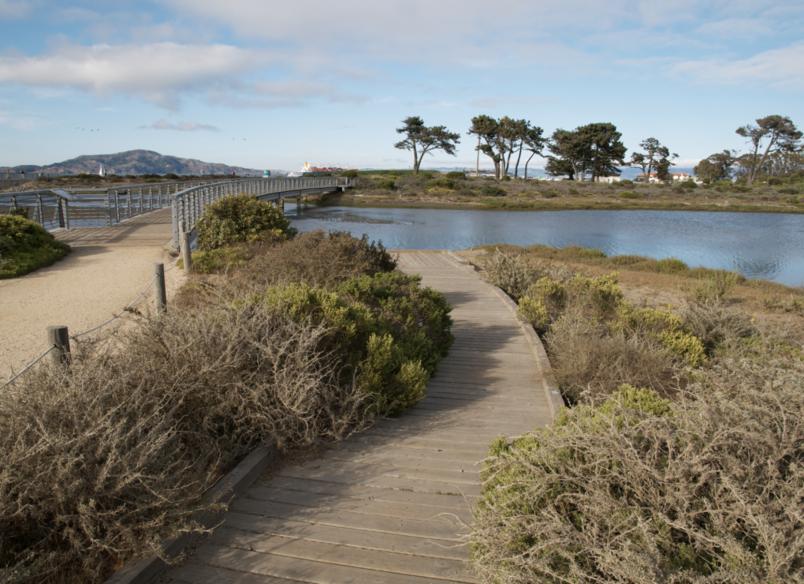
The Master Programme results from the collaboration between the Inter-university Department of Regional and Urban Studies and Planning, DIST (Politecnico e Università di Torino) and the Department of Agricultural, Forest and Food Sciences, DISAFA (Università di Torino). The programme’s structure has a distinctive interdisciplinary character, combining topics in open space design with topics in forestry and agricultural and environmental sciences.
Knowledge, skills and competences provided by the Master Programme refer to three learning areas and cover the following topics:
- Landscape analysis and knowledge
- tools, methods, and techniques for analyzing and critically interpreting the landscape, from the urban to the regional scale, in its physical, morphological, environmental and historical-cultural components, in relation to its ecological functioning, its aesthetic and perceptive aspects, its evolution over time;
- tools and techniques for interpreting the characteristics, functioning and performance of the plant component;
- physical-chemical and ecological functionality of the soil;
- software for landscape analysis and representation;
- environmental and applied botany;
- garden and landscape history.
- Landscape and open space design
- theoretical, methodological and operational tools for the landscape architecture design project;
- sustainability of the landscape and open space design project;
- urban planning and management.
- Conservation and sustainable management of natural and cultural heritage
- tools, methods and techniques for the restoration of historical gardens, parks and landscapes;
- tools, methods and techniques for the conservation of ecosystems;
- theories of historical garden restoration;
- sustainability of the restoration and conservation project of historical gardens and parks;
- plant component of historical gardens and parks;
- knowledge of historical gardens, parks and landscapes.

The Master Programme is structured in three phases spread over four terms.
- Phase 1, first term: compulsory mono-disciplinary and integrated courses that provide the basic skills for a homogenization of incoming students according to their BAs.
- Phase 2, second and third terms: compulsory thematic interdisciplinary design studios focusing on different scales and contexts thus allowing students to experience the diverse tasks of landscape architects. Three design studios focus on the design of new landscapes and the sustainable transformation of existing ones, with different degrees of complexity, while one design studio focuses on the conservation of the natural and historical heritage.
- Phase 3, fourth term: compulsory internship, a course in English language and the master thesis.
Elective courses are offered during the third and fourth terms.
The Master Programme is in Italian and provides a common training track for all enrolled students.